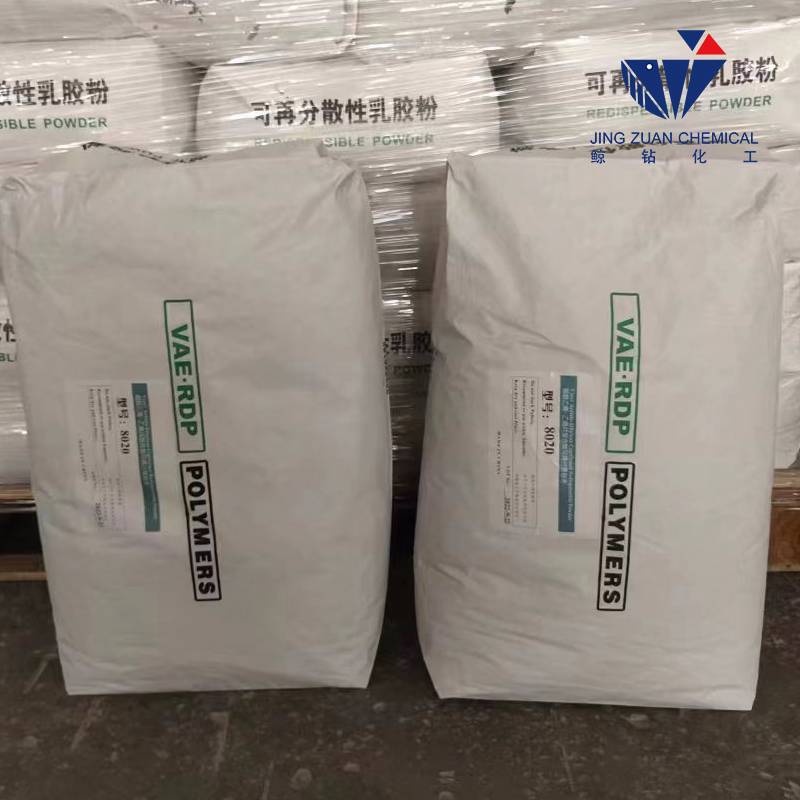
ਦਸੰ. . 03, 2024 22:42 Back to list
HPMC Hydroxypropyl Methyl Cellulose Applications in Pharmaceuticals and Food Industries
Hydroxypropyl Methyl Cellulose (HPMC) An Overview
Hydroxypropyl Methyl Cellulose (HPMC) is a versatile and widely used cellulose derivative that has gained significant attention in various industries, including pharmaceuticals, food, and construction. As a non-ionic, water-soluble polymer, HPMC plays a crucial role in the formulation and improvement of many products. This article delves into the characteristics, applications, and benefits of HPMC, highlighting its importance in contemporary industries.
Chemical Structure and Properties
HPMC is derived from cellulose, the most abundant organic polymer found in nature. Through the process of etherification, hydroxyl groups on the cellulose chains are modified to create hydroxypropyl and methyl groups. This modification enhances its solubility in water and stability, making HPMC suitable for a variety of applications. The degree of substitution—that is, the number of hydroxyl groups that have been replaced—determines the properties of the HPMC, including its viscosity and solubility.
The unique properties of HPMC include its ability to form gels, provide thickening, stabilize emulsions, and act as a film-forming agent. These qualities make it a valuable ingredient in many formulations across different sectors.
Applications in Pharmaceuticals
In the pharmaceutical industry, HPMC is predominantly used as a binder, thickener, and controlled-release agent in various dosage forms such as tablets, capsules, and suspensions. Its biocompatibility and non-toxic nature allow it to be used in drug formulations without adverse effects. HPMC aids in the manufacturing of tablets by improving the flowability of powders, enhancing compressibility, and controlling disintegration time.
Furthermore, HPMC is utilized in ophthalmic solutions and potentially therapeutic systems due to its film-forming abilities, which provide a sustained-release profile for active pharmaceutical ingredients (APIs). This is particularly beneficial for patients requiring a steady dosage over an extended period.
hpmc hydroxypropyl methyl cellulose

Role in Food Industry
In the food sector, HPMC is employed as a thickening agent, stabilizer, and emulsifier. It enhances the texture and mouthfeel of various products, including sauces, dressings, and baked goods. Additionally, due to its ability to retain moisture, HPMC is commonly used in low-fat and gluten-free products to improve palatability and retain the desired consistency.
Another significant use of HPMC in the food industry is in the formulation of vegetarian and vegan products. It can serve as a substitute for gelatin in food applications, providing similar gelling properties without the use of animal-derived ingredients. This versatility is crucial given the increasing demand for plant-based alternatives.
Contributions to Construction and Other Industries
Aside from its applications in pharmaceuticals and food, HPMC has gained traction in the construction industry. It is commonly added to cement and dry-mix mortars, enhancing workability, water retention, and adhesion. The addition of HPMC to these materials not only improves performance but also extends their open time, allowing for better application and finishing.
Moreover, HPMC finds its place in personal care products, including shampoos and lotions, where it acts as a thickening agent and stabilizer, ensuring consistent texture and appearance. Its versatility allows it to be used in a wide array of formulations across different sectors, making it indispensable.
Conclusion
Hydroxypropyl Methyl Cellulose (HPMC) showcases its importance across various industries due to its unique properties and versatility. Whether in pharmaceuticals, food, construction, or personal care, HPMC continues to be a vital ingredient that enhances product performance and efficacy. As research and development in this area evolve, the potential applications of HPMC are likely to expand, offering innovative solutions to meet modern demands. With its remarkable ability to improve product quality and formulation stability, HPMC will remain a key player in the realm of functional additives and excipients.
-
Versatile Hpmc Uses in Different Industries
NewsJun.19,2025
-
Redispersible Powder's Role in Enhancing Durability of Construction Products
NewsJun.19,2025
-
Hydroxyethyl Cellulose Applications Driving Green Industrial Processes
NewsJun.19,2025
-
Exploring Different Redispersible Polymer Powder
NewsJun.19,2025
-
Choosing the Right Mortar Bonding Agent
NewsJun.19,2025
-
Applications and Significance of China Hpmc in Modern Industries
NewsJun.19,2025







